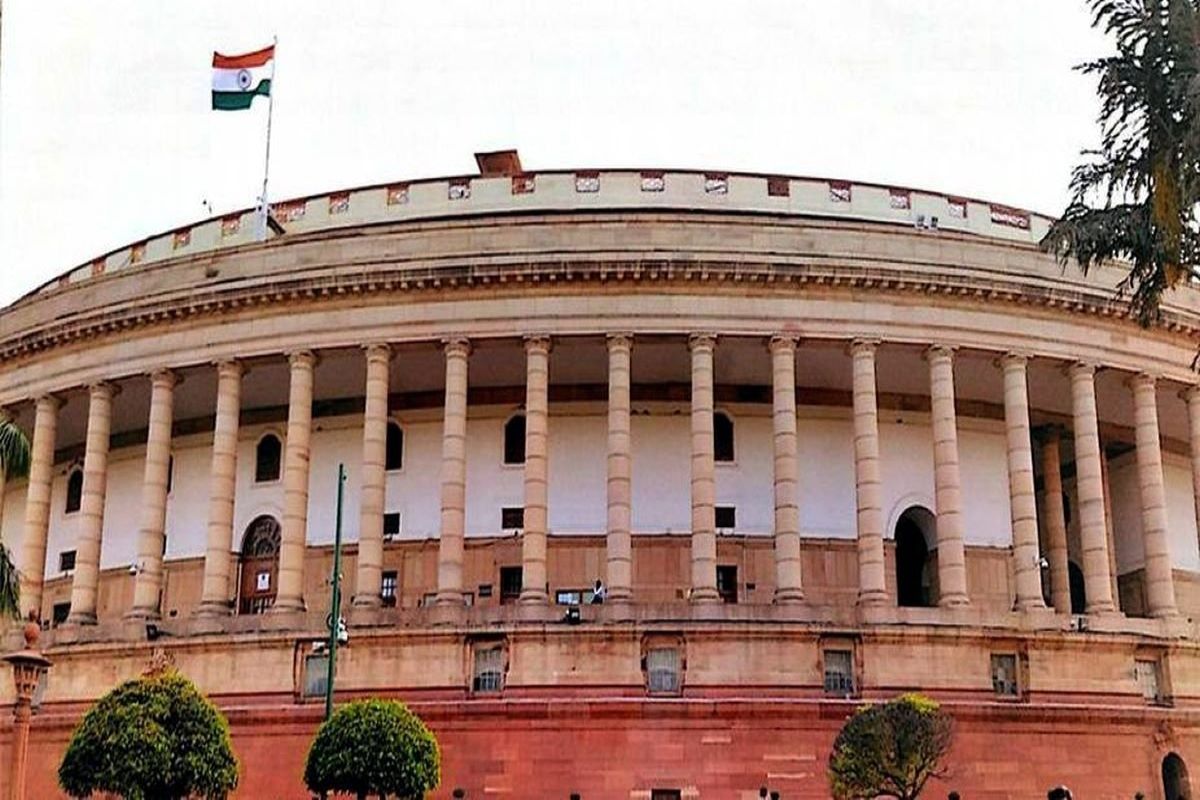The Standing Committee for Education, Women, Children, Youth and Sports on Wednesday in its meeting will discuss “The National Anti -Doping Bill 2021” referred to the Committee during the last Winter Session and will hear the views of the Secretary, Department of Sports and other officials including Federation representatives.
The much spoken about ‘The Prohibition of Child Marriage (Amendment) Bill 2021′ that proposes to raise the age of marriage for girls from 18 to 21 years will not be discussed on Wednesday, Committee chairman Vinay Sahastrabuddhe told ANI. “We and will discuss Sports Ministry’s Anti-Doping Bill and not Child Marriage as Members of Jaya Jaitley Committee are unwell and can’t come to depose before the panel today,” said Sahastrabuddhe.
Several members of Parliament including Sushmita Deb and Priyanka Chaturvedi had objected to the composition of this committee which had only one woman MP in Deb.
Advertisement
Chairman Sahasrabuddhe had urged the two MPs not to cast aspersions on the committee members’ intent and that this committee would examine the bill thoroughly and also invite people and stakeholders from across the platform including women MPs and ministers for Women and Child Development if need be.
The ‘Prohibition of Child Marriage (Amendment) Bill, 2021’ proposes to amend the ‘Prohibition of Child Marriage Act, 2006 (PCMA)’ for making the age of marriage equality at 21 years for both males and females, which is presently 21 years for males and 18 years for females and consequential amendments in laws relating to the age of marriage i.e. ‘the Indian Christian Marriage Act, 1872’; ‘the Parsi Marriage and Divorce Act, 1936’; ‘the Muslim Personal Law (Shariat) Application Act, 1937’; ‘the Special Marriage Act, 1954’; ‘the Hindu Marriage Act, 1955’; and ‘the Foreign Marriage Act, 1969’. Also, the laws namely ‘the Hindu Minority and Guardianship Act, 1956’; and ‘Hindu Adoptions and Maintenance Act, 1956’.
The Directive Principles of state policy (particularly the Right to Equality and Right against Exploitation) under the Constitution of India guarantee gender equality. The proposed legislation is a strong measure towards the commitment of the government for the same as it will bring women on equal footing with males.
There are imperatives for lowering Maternal Mortality Rate (MMR), Infant Mortality Rate (IMR) and improvements of nutrition levels as well as an increase in Sex Ratio at Birth (SRB). These are the main reasons for effecting the proposed legislation.
(With ANI inputs)
Advertisement











